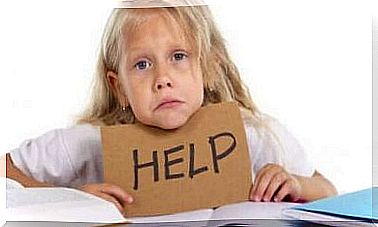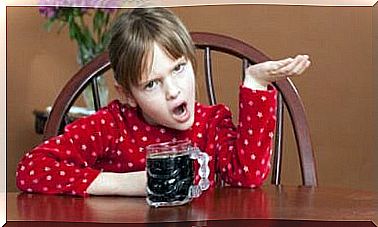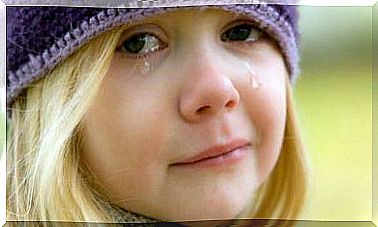Emotional Deprivation In Childhood And Its Consequences
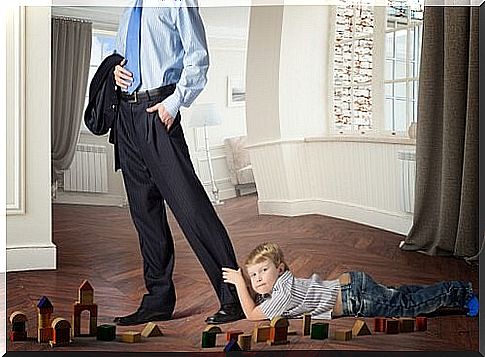
Children need to receive affection during childhood. If this does not happen, it can have very negative repercussions for your personal development. In this article, we will look at the consequences of emotional deprivation in childhood.
Certainly, emotional deprivation in childhood is harmful to children; largely due to the absence of an ideal environment. The effects can be long-lasting and have important implications for the opportunities children will have in life.
The fact is, children can become stagnant cognitively, physically, and emotionally when they don’t get the attention or affection they need. This is because they don’t have a father figure or one is not warm and loving enough.
This is why children with emotional disabilities develop multiple personality, emotional and psychological disabilities.
Don’t forget that children need many different sensory stimuli to develop normally. They require skin-to-skin contact, hugs, lots of eye contact, and communication.
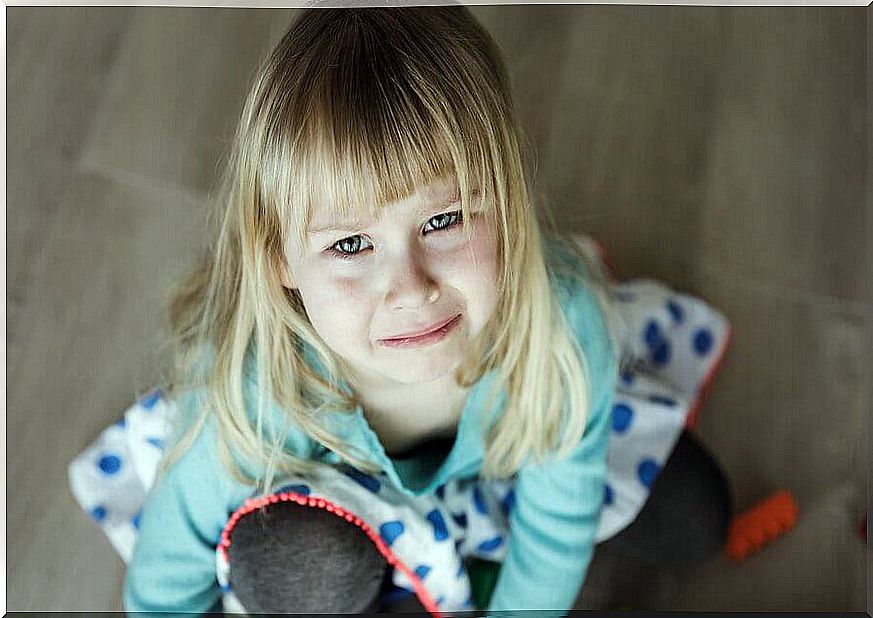
Consequences of Emotional Deprivation in Childhood
Next, we’ll look at what the consequences of childhood emotional deprivation are. Take note!
1. Difficulties in loving yourself
If you are a person who has been neglected during childhood, the most difficult relationship you will have is one with yourself.
At times, you may even feel that you are your own worst enemy and that you are the biggest critic of your own actions. And if your life is a constant battle between what you feel for yourself and what you want to feel, you must learn to love yourself.
Believing that you matter and having the ability to see things positively will transform the way you think about yourself and how you relate to others.
2. Unsatisfactory interpersonal relationships in adulthood
Second, childhood is a time that affects relationships and the way we interact with peers for the rest of our lives. If a person has been loved and cared for properly, they are likely to exhibit the same traits as an adult.
On the other hand, if children are not exposed to anything other than bullying, it is likely that, as adults, they will develop certain characteristics to protect themselves.
Defensive or overly protective attitudes are two frequent manifestations of what precedes them. Keep in mind that when you have not experienced the love, affection, and protection of an adult, defense mechanisms are more likely to emerge that will keep you away from other people.
3. Low self-esteem
Another consequence of childhood emotional deprivation is lack of self – esteem. Lack of filial love makes children unworthy of themselves.
If this initial love is not received, it is very difficult for them to create the necessary foundations so that what comes later can be properly assimilated.
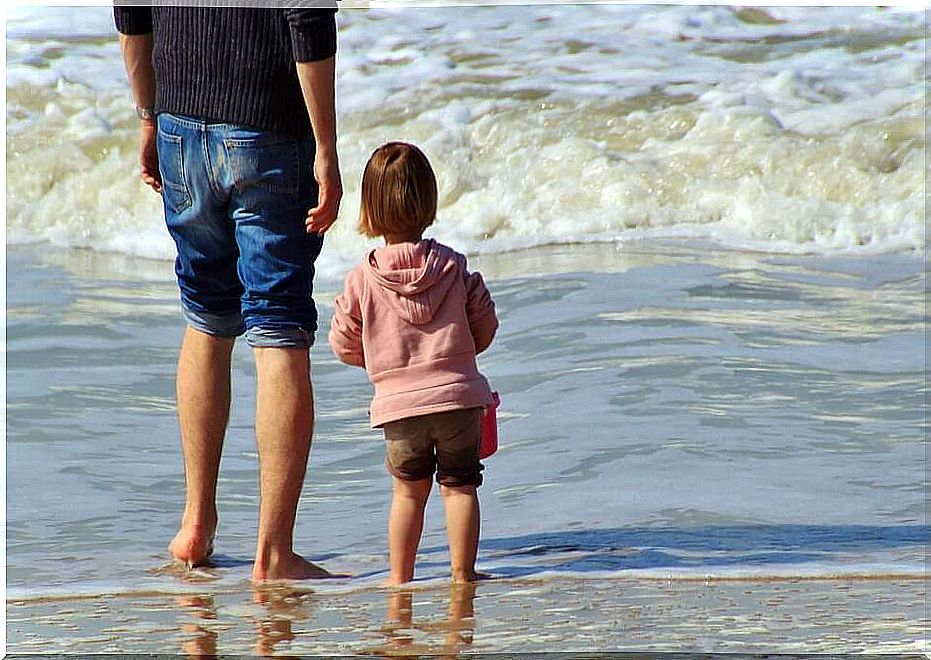
Receiving rejection in childhood or not being loved by parents will make children feel that they are not worthy of being loved. This in turn will cause them to grow up with low self-esteem. Insecurity, feelings of failure and even self-destructive behavior are some of its undesirable consequences.
4. Mental health
Developing adequate levels of attachment is essential for a child’s present and future mental health. Attachment refers to the level of connection established between a child and their caregiver during the first few years of life.
Children who lack attention often do not develop the skills needed to build healthy relationships.
This means that children suffering from emotional deprivation may find it difficult to connect with others. They lack confidence and self-esteem. Also, they are afraid to start relationships.
In short, it is very sad that a child’s life can be forever affected. Much more so if it is due to a lack of attention, love and care from your parents or guardians.
To prevent this from happening, it is important that children receive the affection of their loved ones. Otherwise, the traces of detachment will be very deep and almost certainly lifelong.





